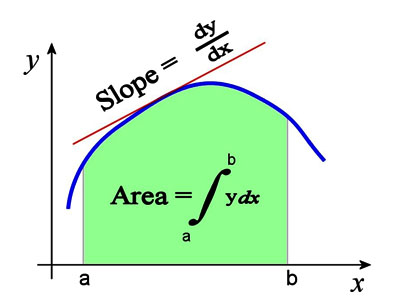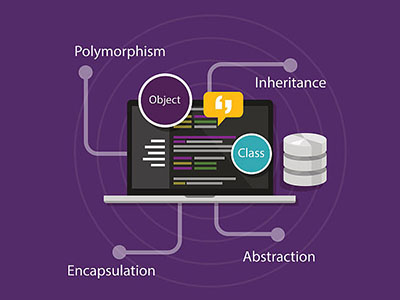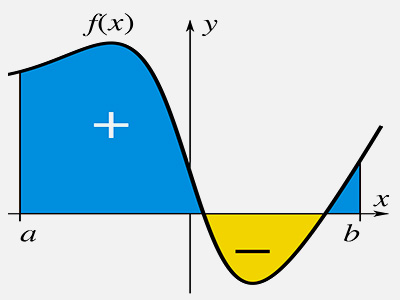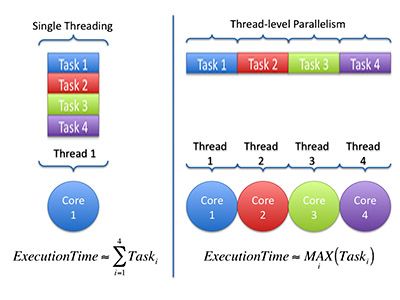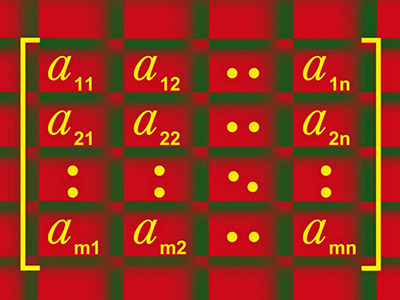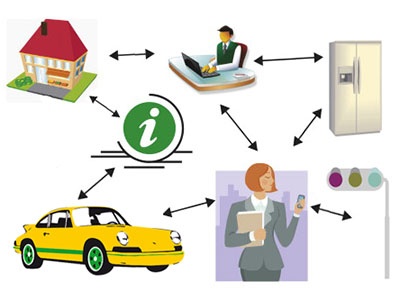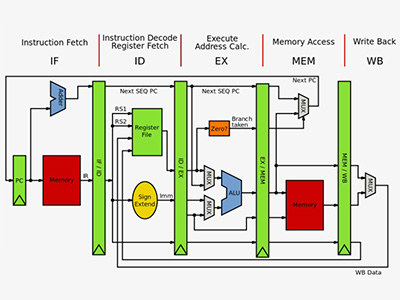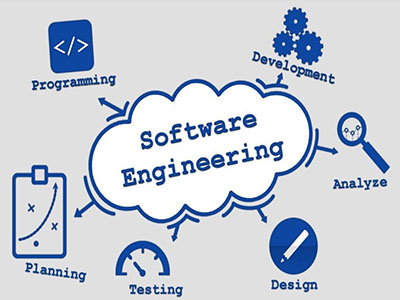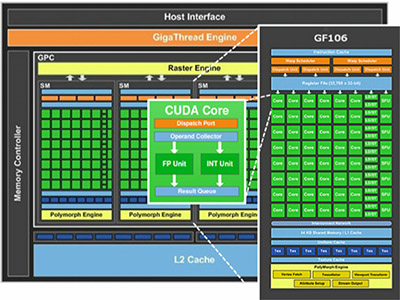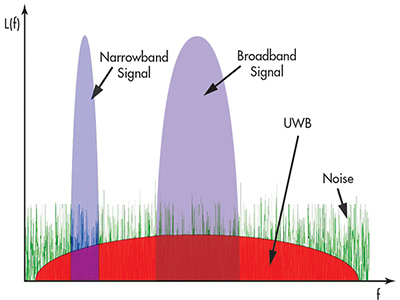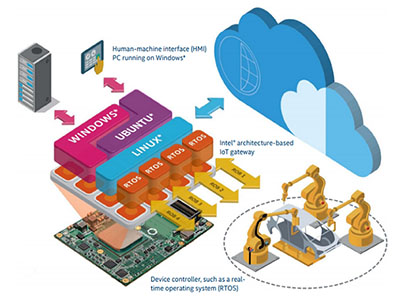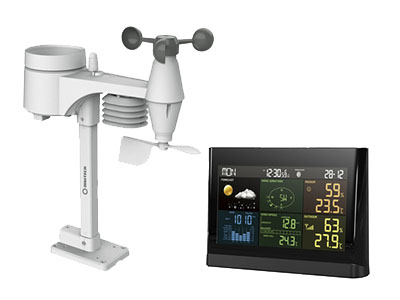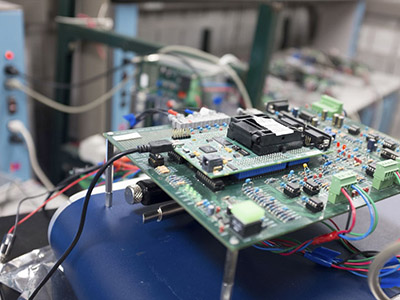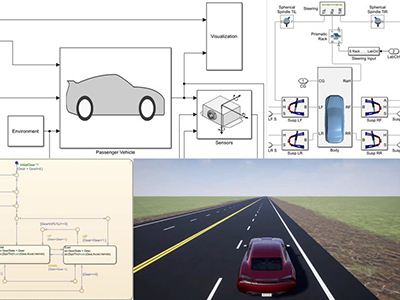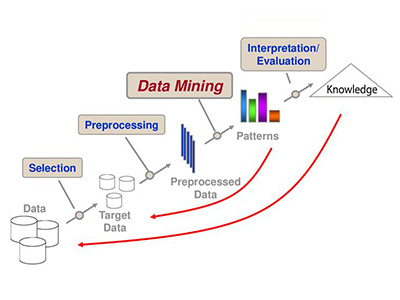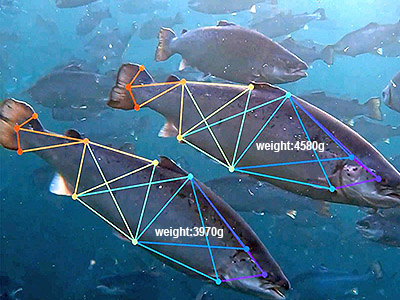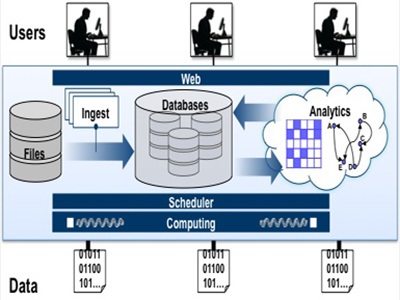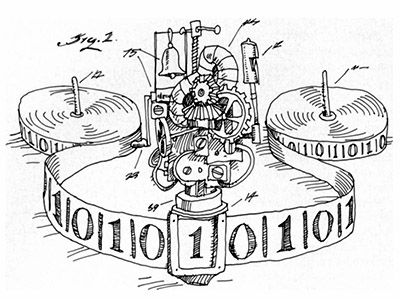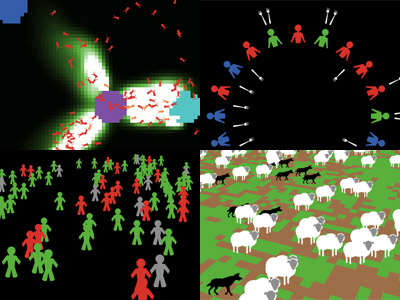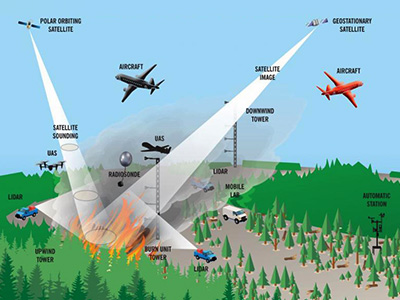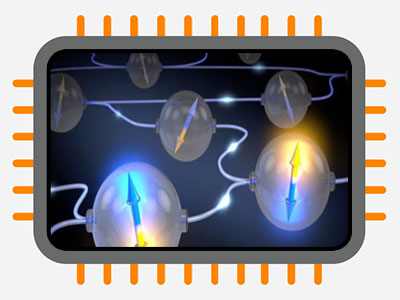Undergraduate Studies
A “system” can be defined as a collection of interacting entities that constitute a unified whole with a specific purpose. “Digital” is a system that stores, processes and transmits information in digital form and is therefore based on information and communication technologies. As a consequence, the undergraduate study program of the Digital Systems Department of the University of Thessaly provides a theoretical foundation of the basic science in Information and Communication Technologies and proceeds by connecting the theory with its application in emerging areas of Digital Transformation, such as precision primary production, the internet of things, artificial intelligence, etc.
The study program is flexible as in the 3rd and 4th years allows the student to choose from a multitude of courses, forming a personalized course of study, based on his/her interests and professional aspirations.
Note #1: Courses in a red box include mandatory laboratory attendance.
Note #2: Email Mr. Kokkoras to report any problems and/or omissions on the pages.
Part A’ – Basic Program of Study
In each semester of the first 2 years, the program of study includes 6 compulsory courses.
1st Year – 1st Semester
Mathematical Analysis
Υ101, 5/5
Introduction to Digital Systems
Υ102, 5/5
Introduction to Programming
Υ103, 5/6
Digital Design
Υ104, 5/6
Physics
Υ105, 5/6
1st Year- 2nd Semester
Discrete Mathematics
Υ201, 5/5
Probability and Statistics
Υ202, 5/6
Electronics
Υ203, 5/5
Object-Oriented Programming
Υ204, 5/6
Systems Analysis and Design
Υ205, 5/6
2nd Year – 3rd Semester
Numerical Analysis
Υ301, 5/5
Advanced Programming
Υ302, 5/5
Computer Networks Ι
Υ303, 4/5
Data Structures
Υ304, 5/5
Signals and Systems
Υ305, 4/5
Linear Algebra
Υ306, 4/5
2nd Year – 4th Semester
Mobile and Pervasive Computing
Υ401, 4/5
Database Systems
Υ402, 5/5
Digital Signal Processing
Υ403, 5/5
Algorithms Analysis and Design
Υ404, 4/5
Computer-Systems Organization
Υ405, 5/5
Computer Networks ΙΙ
Υ406, 4/5
Part B’ – Specialization Program of Study
In order for a student to register B’ Part modules or a Bachelor’s Thesis, he/she must have succeeded in 12 out of 24 Part A’ modules.
3rd Year – 5th Semester
2 compulsory and 4 optional modules
Software Engineering
Υ501, 4/5
Digital Communication Systems
Υ502, 5/5
Principals of Logistics
Ε501, 4/5
Internet Technologies and Applications
Ε502, 4/5
Parallel Programming
Ε503, 4/5
Parallel and Distributed Systems
Ε504, 4/5
Automatic Control Systems
Ε505, 4/5
Management Information Systems
Ε506, 4/5
Embedded Systems
Ε507, 4/5
Compilers
Ε508, 4/5
Image and Video Processing
Ε509, 4/5
Ecology and Sustainability
Ε510, 4/5
Research Methodology
Ε511, 4/5
3rd Year – 6th Semester
2 compulsory and 4 optional modules
Optional: 2 modules of Pedagogical/Teaching Adequacy
Operating Systems
Υ601, 5/5
Artificial Intelligence
Υ602, 5/5
Broadband Communications
Ε601, 4/5
Computer Architecture
Ε602, 4/5
Digital System’s Security
Ε603, 4/5
Real-Time Systems
Ε604, 4/5
Graph Theory
Ε605, 4/5
Meteorology and Digital Systems
Ε606, 4/5
e-Business Systems
Ε608, 4/5
4th Year – 7th Semester
3 optional modules and compulsory Undergraduate Thesis – Υ900 (15 ECTS per Semester)
Optional: 3 modules for Pedagogical/Teaching Adequacy
Information Theory
Ε701, 4/5
Hardware Systems Design
Ε702, 4/5
Systems Design and Simulation
Ε703, 4/5
Quality Assurance of Digital Systems
Ε706, 4/5
e-Health Technologies and Applications
Ε707, 4/5
Digital Systems in the Primary Sector
Ε708, 4/5
Introduction to Entrepreneurship
Ε709, 3/5
Special Topics on Databases
Ε710, 5/5

Internship
Ε1000, 5
4th Year – 8th Semester
3 optional modules and parallel preparation of Undergraduate Thesis – Y900 (15 ECTS per Semester)
Optional: 3 modules of Pedagogical/Teaching Adequacy
Computation Theory
Ε801, 4/5
Software Project Management
Ε802, 4/5
Operational Research
Ε803, 4/5
Robotic Systems
Ε804, 4/5
Intelligent Agents Systems
Ε805, 4/5
Wireless and Mobile Communications
Ε806, 4/5
Introduction to the Digital Economy
Ε809, 4/5
Quantum Computing
Ε810, 4/5



